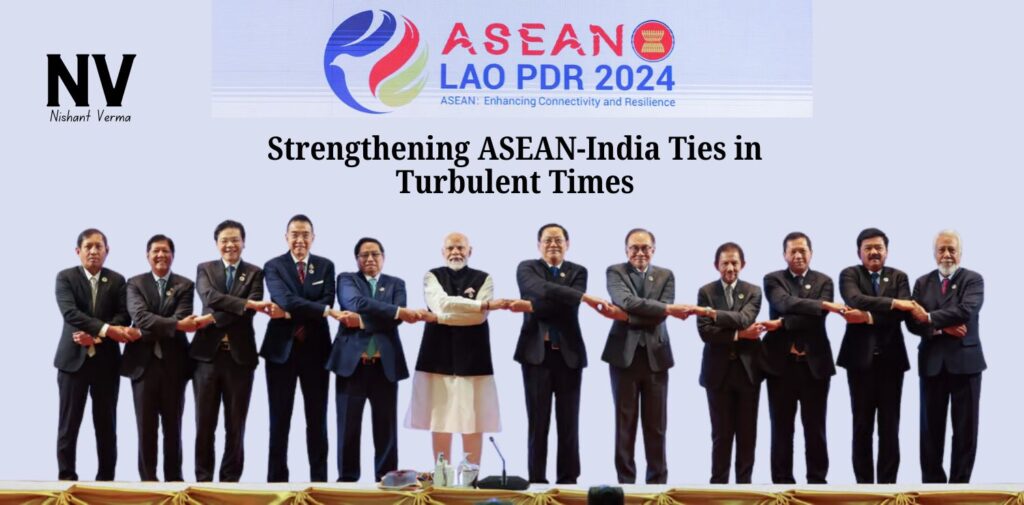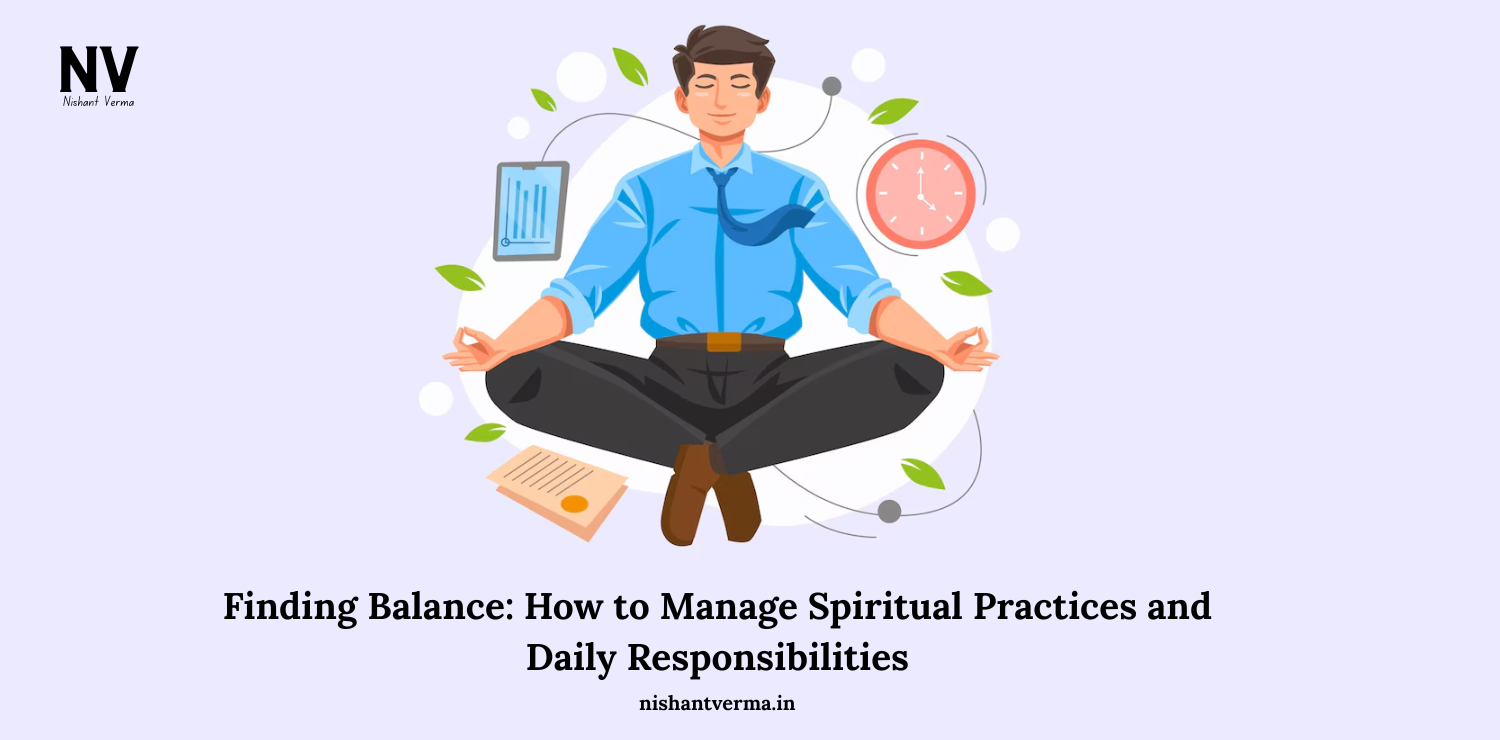The ASEAN Summit 2024, attended by Prime Minister Narendra Modi, emphasized India’s strategic importance in Southeast Asia amidst growing global conflicts. With a shared interest in peace, trade, and economic stability, India’s presence in the ASEAN region plays a key role in countering geopolitical tensions, particularly in the Indo-Pacific.
ASEAN-India Relations: A Pillar of Regional Stability
India’s relationship with the ASEAN bloc has always been grounded in shared history, cultural ties, and geographical proximity. Over the decades, ASEAN has evolved into one of the world’s most influential geopolitical entities, and India’s role as a key dialogue partner has steadily grown. At the summit, PM Modi highlighted that the current era of global conflict further underscores the importance of deepening ties between India and ASEAN to foster a balance in the region.
India has consistently advocated for an open, free, and inclusive Indo-Pacific. This vision aligns with ASEAN’s outlook on ensuring freedom of navigation, unimpeded trade, and peaceful resolution of disputes. Both regions face common challenges such as China’s aggressive posturing in the South China Sea, climate change, and economic disruptions.
India’s active participation in ASEAN-led forums like the East Asia Summit (EAS) and ASEAN Regional Forum (ARF) demonstrates its commitment to regional security, economic integration, and strategic stability.
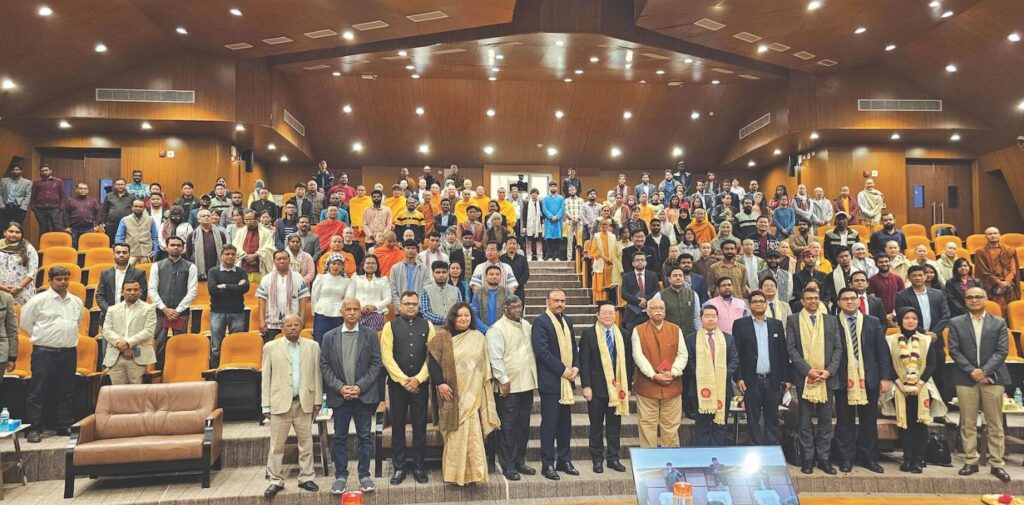
Trade and Investment: A Win-Win Scenario
Trade has always been a cornerstone of ASEAN-India relations. India is ASEAN’s sixth-largest trading partner, and trade between the two regions reached nearly $131 billion in 2022. As ASEAN continues to grow as a hub for global supply chains, India’s growing manufacturing base presents lucrative opportunities for both regions. The summit has propelled discussions on enhancing trade partnerships through the ASEAN-India Free Trade Agreement (FTA) negotiations.
One key area of collaboration is digital transformation. With India emerging as a global IT powerhouse and ASEAN countries heavily investing in digital infrastructure, there is significant potential for cross-border collaboration in fintech, e-commerce, and cyber security. The rapid shift to digital platforms in a post-pandemic world has increased demand for enhanced connectivity, digital governance, and technology-based solutions, making India a vital partner for ASEAN’s digital future.
India’s push for increased investment in ASEAN is also backed by its “Act East Policy,” which seeks to enhance connectivity and economic cooperation. As PM Modi emphasized during the summit, ASEAN remains a crucial destination for Indian investment, especially in sectors like pharmaceuticals, IT, infrastructure, and agriculture.
Maritime Cooperation and Regional Security
Security concerns remain a crucial aspect of ASEAN-India cooperation. The Indo-Pacific is home to some of the most critical sea lanes in the world, and both ASEAN and India are committed to maintaining their freedom of navigation. The rising tensions due to China’s actions in the South China Sea have prompted ASEAN countries to look for stronger security partnerships with India.
India’s maritime doctrine focuses on safeguarding the Indian Ocean Region (IOR), which overlaps with ASEAN’s strategic priorities in the South China Sea. The summit reiterated the importance of ASEAN and India working together to counter piracy and terrorism, and ensuring a stable maritime environment. India’s participation in joint maritime exercises, intelligence sharing, and technological collaboration can act as a strong deterrent against external threats.
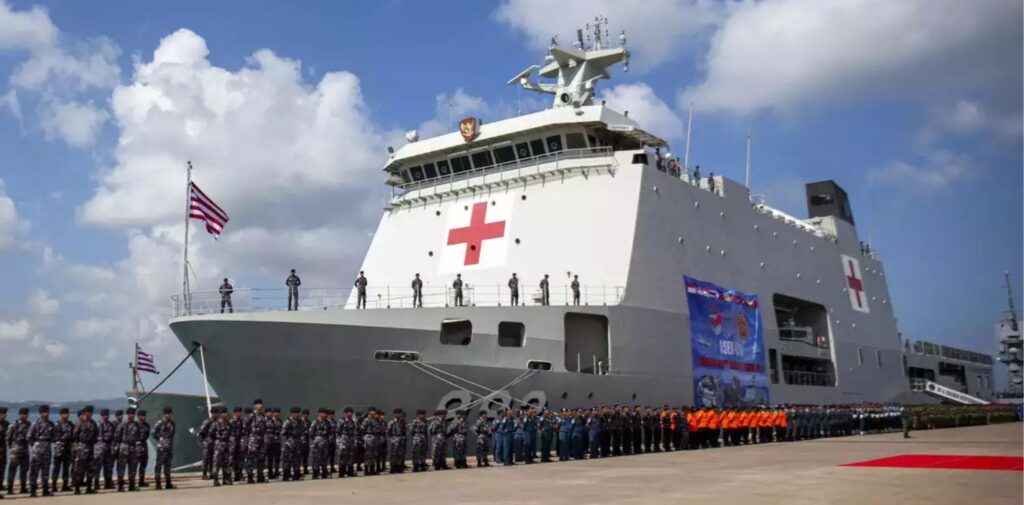
Cultural Diplomacy and People-to-People Connect
Beyond economics and security, cultural diplomacy is an area where India-ASEAN relations thrive. The historical links between India and Southeast Asia are deep-rooted, evident from shared traditions, languages, and religious influences. The ASEAN-India Summit saw a renewed focus on promoting people-to-people ties through cultural exchanges, tourism, and educational initiatives.
India’s ancient ties with Southeast Asia date back to the days of the Chola dynasty, which had an extensive presence across the region. Today, that legacy is seen in the cultural linkages between India and ASEAN nations. Promoting cultural heritage, expanding tourism, and facilitating exchanges of students and professionals are key to building a stronger ASEAN-India community.
With India’s growing diaspora in ASEAN countries, particularly in nations like Singapore, Malaysia, and Indonesia, the summit also reinforced the need for stronger ties in the areas of education, tourism, and healthcare.
Geopolitical Shifts: ASEAN and India’s Role in a Multipolar World
Global geopolitics is undergoing seismic changes, with major powers asserting dominance in contested regions. The Ukraine war, China’s growing assertiveness, and the US-China trade war have forced ASEAN and India to recalibrate their foreign policies. PM Modi highlighted that India and ASEAN share a common goal of maintaining a multipolar world where no single power can dominate.
The evolving dynamics in the Indo-Pacific require ASEAN and India to collaborate in new ways. ASEAN is aware of India’s critical role in counterbalancing China’s influence. On the other hand, India views ASEAN as a vital part of its Indo-Pacific strategy, which seeks to foster regional stability, economic growth, and secure supply chains.
India’s role as a voice of the Global South also resonated with ASEAN nations during the summit. Both India and ASEAN have a vested interest in ensuring that developing nations do not get sidelined by the world’s superpowers, particularly in international bodies like the United Nations and the World Trade Organization. The summit explored ways in which India and ASEAN could cooperate in addressing global issues such as climate change, sustainable development, and equitable access to vaccines.
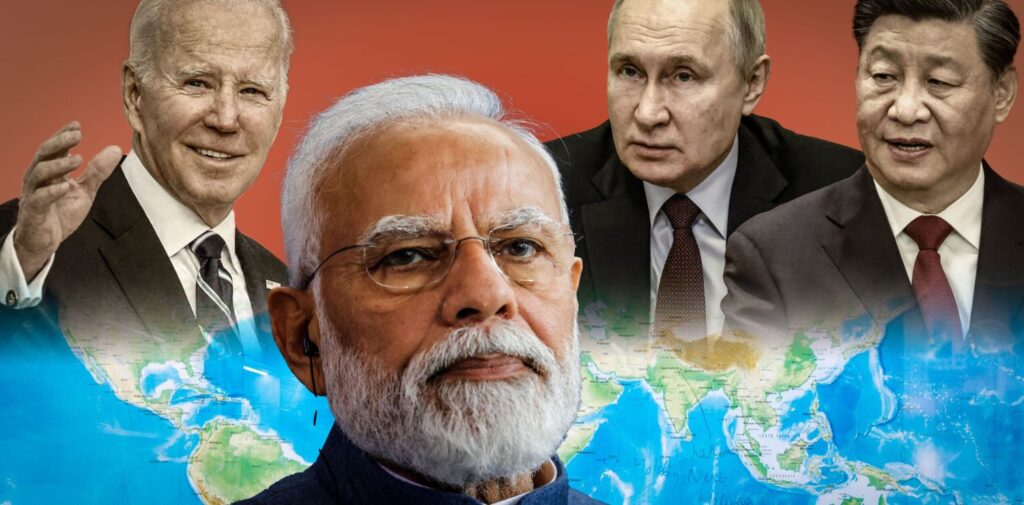
The Road Ahead: Opportunities and Challenges
The ASEAN-India Summit in 2024 marks a significant milestone in the relationship between the two regions. With both parties reaffirming their commitment to closer economic and strategic cooperation, the road ahead looks promising. However, challenges remain, particularly in managing regional security issues, trade negotiations, and addressing the geopolitical risks posed by external powers.
ASEAN’s centrality in the Indo-Pacific architecture and India’s rise as a global power make their partnership crucial to regional stability. The next few years will be pivotal as both regions navigate a complex global environment marked by economic uncertainties, shifting power dynamics, and the need for collective security.
As PM Modi stated, “In a world increasingly defined by conflict, India’s relationship with ASEAN is a beacon of peace and cooperation.” This partnership, built on mutual respect, shared values, and common goals, is set to shape the future of the Indo-Pacific and ensure a more stable and prosperous region.
India’s participation in the ASEAN Summit underscores the importance of deepening ties with Southeast Asia amidst growing global challenges. With a focus on trade, maritime security, and cultural diplomacy, both India and ASEAN stand to benefit from closer cooperation. As the geopolitical landscape continues to evolve, the ASEAN-India partnership remains crucial for ensuring regional peace and prosperity.

